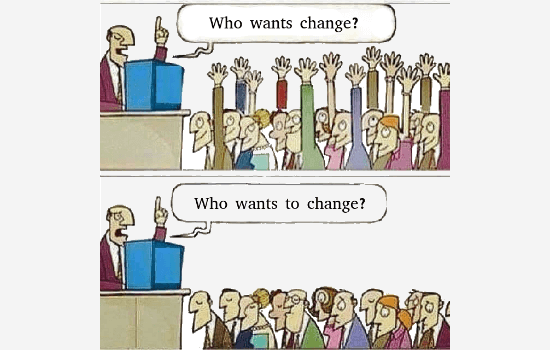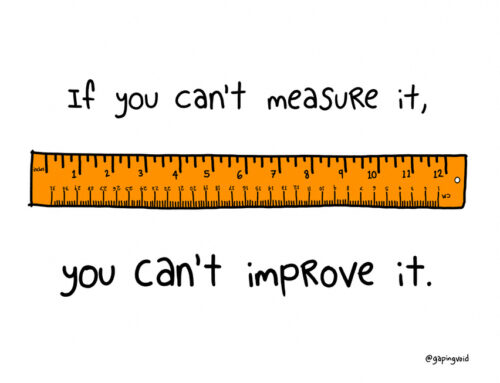Are You Ready to Change?
August 18, 2019
Categories: Change
When someone is trying to make a change in their life, whether it is losing weight, quitting smoking, or something else, most people focus on techniques. For example, what is the most effective diet and exercise strategy? Should I try one of these new drugs that are supposed to reduce cravings to smoke? And so on.
Ready to Change?
Techniques are important, but only if the person is ready to change. If a person isn’t ready to change, you can have the best strategy and set of techniques in the whole world, and it won’t do any good. The techniques will fall flat. The person will find an excuse not to implement the strategy. Bottom line: If someone isn’t ready to change, the techniques aren’t where you want to focus. You need something different.
Motivational Interviewing
In psychology, there is a whole field of study called motivational interviewing. Motivational interviewing focuses on the question of readiness to change. Why is it that some people are ready to change and some people aren’t? How might we intervene when someone isn’t ready to change?
Precontemplation
Here are a few examples to illustrate what I mean: A person might be in what is called the precontemplation stage of change. People who are in precontemplation don’t yet know that they have a problem. This is the person who doesn’t realize they are obese and damaging their health, or who is just fine smoking a pack of cigarettes per day. Not surprisingly, a person in precontemplation isn’t likely to stick with a diet/exercise plan. They don’t think they have a problem.
Instead of trying to implement a program that the person isn’t ready for, you might intervene in a different way. Perhaps you might try something called consciousness raising, which tries to get the person to realize they have a problem. For example, maybe you share a story of a person who recently died of lung cancer, and show the data that connect cigarette smoking to health problems.
Contemplation
Or, a person might be in what is called the contemplation stage of change. People who are in contemplation recognize they have a problem, but they haven’t decided whether or not they want to make a change. They are still thinking about it. In the similar way, a person in contemplation isn’t likely to stick with a diet/exercise plan. They are still ambivalent.
The key is to intervene in a different way. For example, you could have a discussion about the pros and cons of changing. Then, have a discussion about the pros and cons of staying where the person is at. Encourage an honest look at both sides of the equation. You can’t “trick” someone into being ready to change. If change were easy, the person would have changed already. Usually, the person is receiving some benefit from the behavior that is keeping them stuck. It’s important to weigh both sides honestly and give the person the freedom to make their own decision.
Action
Once a person is motivated and has decided they want to make a change in their life, THEN you can move forward with strategy, techniques, and a plan. The person is ready for change, and the strategy matches the person’s stage of change. But don’t neglect the stages that come before.
Discussion
What is one thing you are trying to change in your life? Take some time to honestly evaluate where you are at in terms of readiness for change. Are you convinced you have a problem and need to change? If not, you might be in the precontemplation stage. Or are you ambivalent about changing? If so, you might be in the contemplation stage. Try to match your strategy to your stage of change, and see what happens.

Related Thoughts

Subscribe To My Newsletter
Join my mailing list to receive the latest blog posts.
Receive my e-book “The Mental Health Toolkit” for free when you subscribe.





